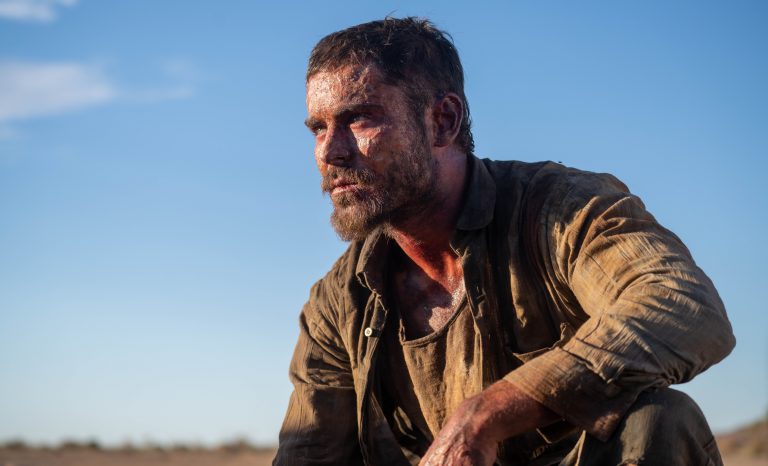You might liken the sensation of power to a god’s omnipresence; both are insurmountable, unassailable, and all-encompassing. When you feel someone’s power, you are given law and rule, which cannot be questioned, and you are bound to follow. And, when you yourself exert a power over another, it is as satisfying as the first spark of light against candle wax. It is this principle that Hitchcock’s “Rope” (1948) is primarily concerned with – during its 83-minute runtime, we are consistently asked the question, Can power truly make you a god? And, whilst it may look this way for Rope’s characters, they are quick to realise that even gods can bleed too.
Hitchcock’s characters stood on plinths of varying power, some domineering and others submissive – but each stood facing the other, divided by opposing experiences, opposing philosophies, but bound by their existence. Alongside the masterful thrills Hitchcock was known for, the dichotomies within his characters provided the films with a sense of nuance and personality. He created a tempestuous battle of opposition in films such as “Vertigo” (1958) and “Suspicion” (1941), challenging his audiences to think and to argue back. Whilst viewers came for the shock and intrigue of his films, they stayed for the conversation they stirred up – and Rope’s 1948 release generated a buzz unlike any other.
“Rope” is somewhat of an underrated footnote in Hitchcock’s illustrious career; the first of his Technicolor films and the second of his “limited setting” pieces, it was dismissed as “an experiment that didn’t work out” by critic Roger Ebert. Predicated on a real-life murder, “Rope” follows the horrific dealings of long-term friends Brandon (played by John Dall) and Philip (Farley Granger), who kill their friend David (Dick Hogan). The two were motivated by their Nietzsche-drenched philosophies, believing themselves to be ‘superior men.’ They then hide the body in a chest before a dinner party, which Brandon decides the guests should eat off of. As the guests arrive, including Brandon and Philip’s old professor Rupert (James Stewart), they court danger by hiding their sickening secret. But will they stay calm in the face of revelation?
The film’s opening scenes establish the central power dynamic of Brandon and Philip. Beginning in media res, the film commences with a scream and with both men holding the limp form of their strangled friend. Brandon’s character creates an influx of power that surges from the screen. Moving languidly with charm and ease, he glides around the apartment set, making frivolous light of their recent sin. Joking that David deserved his death for being a Harvard undergraduate, his joviality counteracts the mood of the scene. Hitchcock subdues us with Brandon’s physical and emotional power, wielding it over us with unexpected strength.
Philip is timid and grey, anxious at Brandon’s brazenness and tranquility. Where Brandon struts at his leisure, Philip stares into a space we cannot see, his movements quick and fearful. Where Brandon is slick and smug, Philip’s dialogue is broken up by stabs of regret. His weakness is reprimanded by Brandon, who tells him that “a stupid display is just as good as a confession.” Philip also constantly questions Brandon, plagued by the myriad of problems that may give them away. Left dumbstruck by their actions, Brandon orders him about, taking his gloves off for him and making him put them away. He follows closely behind Philip’s anxious form, directing him and their narrative.
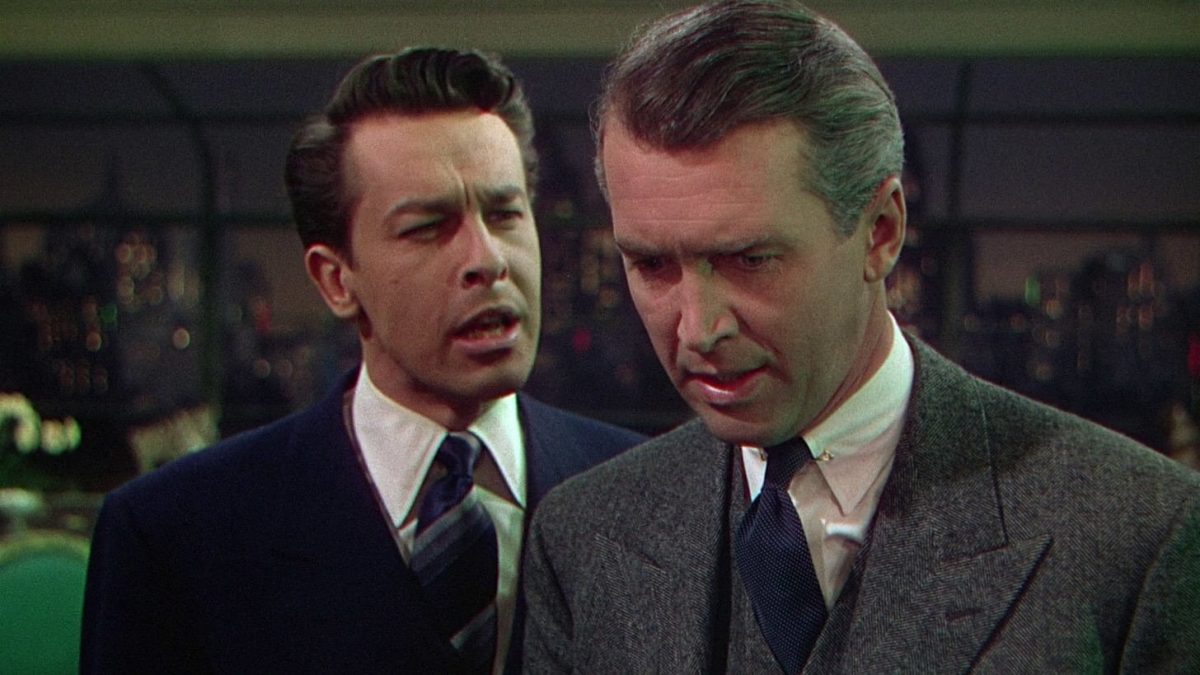
Must Check Out: Dial ‘M’ for Masterpiece: 20 Best Movies of Alfred Hitchcock, Ranked
The dichotomy between the two creates heightened thrills for the audience, as the duo represents all that may go right and terrifyingly wrong. Brandon is confident, guiding the film with a web of lies and cool deceit, whereas Philip is realistic, unable to escape the haunting truth. This apparent imbalance of power engages us with Philip’s character, allowing us to feel both great fear and to feel Brandon’s authority exerted over us. Hitchcock uses their apparent contrasts to mark us as their accomplices, accomplices who must follow orders at any cost.
Academics were quick to note the quasi-erotic nature of Brandon and Philip’s relationship. Rope’s screenwriter, Arthur Laurents, explicitly stated that “…Rope is obviously about homosexuals;” the homoerotic elements were then toned down to match the Hayes Code censors of the time. The subsequent ambiguity of their relationship only served to heighten the power plays between the two, with the murder itself feeling like a sexual act.
As Brandon lays the body down, he lights a cigarette, taking a deep, shaky breath. When he goes to turn the light on, Philip asks him not to, saying, “Can’t we stay this way for a minute?” The sexual overtones evoke a familiar scene of intimacy, where the two are bound by a secret they must bury.
The dynamic between the two finds its home in dialogue – often intense and passionate, strong words are spoken with direct eye contact and punishingly close faces. Brandon often admonishes Philip for stepping out of line, at times calling him “rather foolish.” There is also a sensory element to their language, with Philip asking Brandon to describe how he felt during the murder. It creates a seductive feel to the scene, as Brandon relishes relaying his sense of power for Philip to feed off of, whilst knowing he’ll never wield it. The language plays into the archetype of the dominant and the submissive, placing one character in control and the other under their spell. It adds an intoxicating quality to the film’s danger, as murder and power mix and mingle like wine in the mind.
As the party commences, Brandon puppeteers his guests (and us, by extension) with a graceful but deadly ease. He revels in holding his secret over them, ushering in the party scenes with the line “now the fun begins.” Rather than letting housekeeper Mrs Wilson (Edith Evanson) welcome their guests, Brandon opens the door to all but one of them; to establish the rhyme and rhythm of the night, he guides them into his sadistic game with immediate deceit.
He capitalizes on their stores of champagne, controlling the flow and topping empty glasses up. Often perched behind them, Brandon ensures that his guests are pawns, being unknowingly maneuvered however he desires. Janet (Joan Chandler), David’s fiancée, even remarks, “Why can’t he keep his hands off people?” Brandon’s power over the group feeds his bestial ego. His dominance heightens the stakes of the thriller, as the more webs he spins, the more complex the story becomes.
Philip, by contrast, is a time bomb of guilt. For the majority of the film, Brandon is in the foreground, the star player in their sickening show – Philip is almost always in the background. He paces around, looking pallid and grim, humming around our psyches as a constant threat of untimely revelation. When David’s aunt Anita (Constance Collier) and father Henry (Cedric Hardwicke) arrive, Anita mistakes another guest for David – and Philip is so startled he breaks his glass in his hand.
His flesh wound symbolizes the overflowing panic that is starting to seep through, threatening to emerge at any time. But, where Brandon can operate under innocence, Philip is moved by anxiety. He begins to seek discovery, even getting a palm reading by Anita to divine his fate. In contrast to Brandon, Philip is the weaker counterpart – his nervous edge undercuts the film’s atmosphere of threat, constantly promising to rip at Brandon’s well-prepared story.
Also Read: The Critical Re-reading of Alfred Hitchcock’s Vertigo (1958)
The power dynamics between each character are embedded in every detail – even the clothing. Brandon is the only character to wear blue; this creates a sense of cool detachment, of dominant leadership, and of luxury. By contrast, Philip and their friends Kenneth (Douglas Dick) and Janet, wear red – reflecting irrational, passionate emotion and danger.
The rouge tones mark the three as Brandon’s collateral, his minions, which, when put into play, serve his ultimate purpose – keeping their narrative (and his amusement) alive. When their old professor Rupert arrives, he brings new shades, new murkiness to the sickened palette. In a sharp grey suit, Rupert emits a sense of neutral objectivity, neither leader nor follower. He is disparate from the dynamic, merely a keen observer of the flurries of emotion, and he ultimately uncovers the horrific nature of the party.
Rupert is the only guest not to be let in by Brandon, immediately separating him from Brandon’s narrative control. His arrival reduces Brandon’s slick words to stutters, with Rupert remarking, “You always did stutter when you were excited.” This apparent shift in dynamic hallmarks Rupert’s authority as all-encompassing.
Even the mighty Brandon is “at his feet.” Rupert sits beyond the fringes of the scheme, the camera often panning to his worried face at the tensest of moments. Like Brandon, he exerts his charm over the party with ease, but with a sense of wryness as opposed to falsities. The dynamic that Brandon, Philip, and Rupert share – that of student and teacher – heightens the already stressful ante. Rupert’s intellect and authority, as well as his knowledge of the boys, mark the biggest threat to their exposure.
Rupert’s severity grants him a different kind of power than Brandon – rather than superiority, he is driven by seniority. In a later scene, Rupert goes to sit by Brandon as he plays the piano. Towering over him, Rupert disrupts Philip’s attempts to keep his nerve with his sheer presence. He flicks on the light over Philip as he plays, also turning on a metronome to keep him on his time, to turn the rhythm back to the truth. And, when Philip lashes out, he reprimands him with a simple “temper, temper.” This almost paternal sense of authority keeps us nervous, keeps our foreheads beaded with sweat – the tectonic plates of power are shifting and the boys are losing their control.
In the final scene of the film, Hitchcock’s message is signed and sealed by Rupert’s shocking discovery. After deducing that David’s corpse is in the chest, Rupert realizes Brandon was corrupted by his own preachings of the “superior man.” The final shot of the film truly encapsulates the dynamic that binds the three – as police sirens scream out, Philip plays despondent notes on the piano, Brandon calmly pours another drink, and Rupert sits between them, his back to us. With this physical placement, Hitchcock aims to make one truth clear – our power has more of an impact than we realize.
Power is more than an act – it is more than bubbles spilling into a glass, more than a guiding hand on the small of your back, more than a rope tangled round a neck. Hitchcock’s “Rope” uses the notion of the power dynamic to show you that power is in words. Whilst viewers watch this eighty-minute thriller, they assume Brandon holds all the power, all the control.
We stood and watched as Brandon and Philip murdered their friend, became a trio with them as their accomplice, and bought into their words of control and devastation. But what we come to realize is that this power was sewn into the fabric of time by the needle of the past. And, in a university building some ten years earlier, Rupert Caddell planted a dangerous seed in the minds of the men – and all it took were a few words.

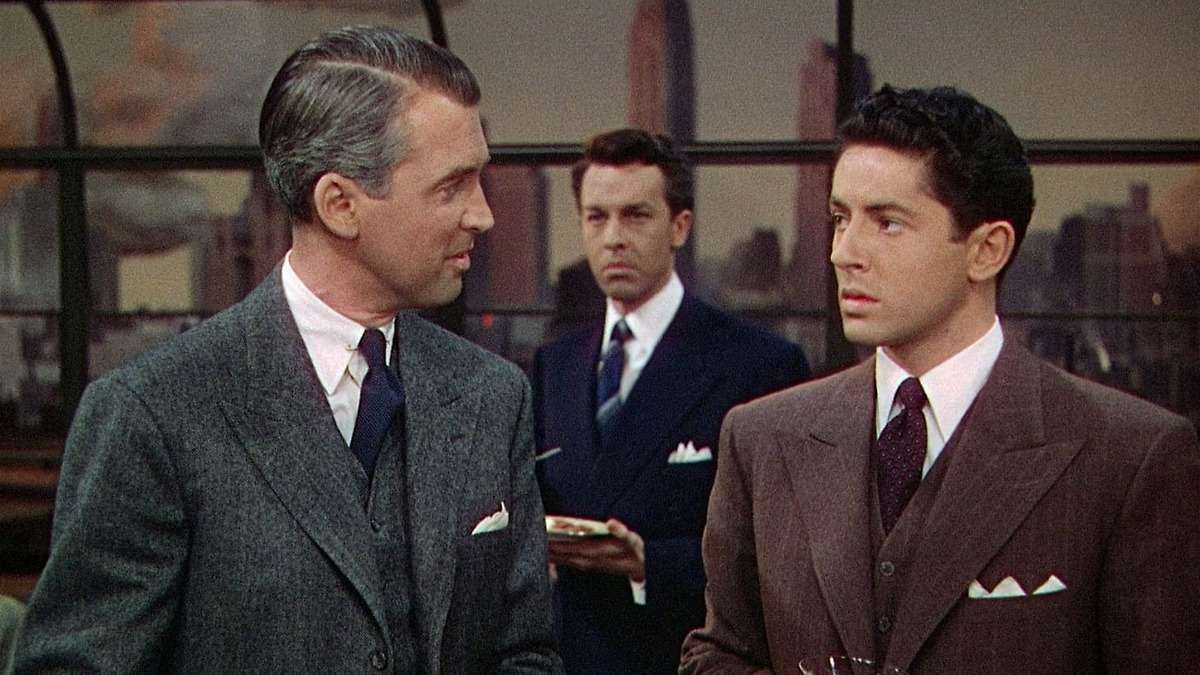


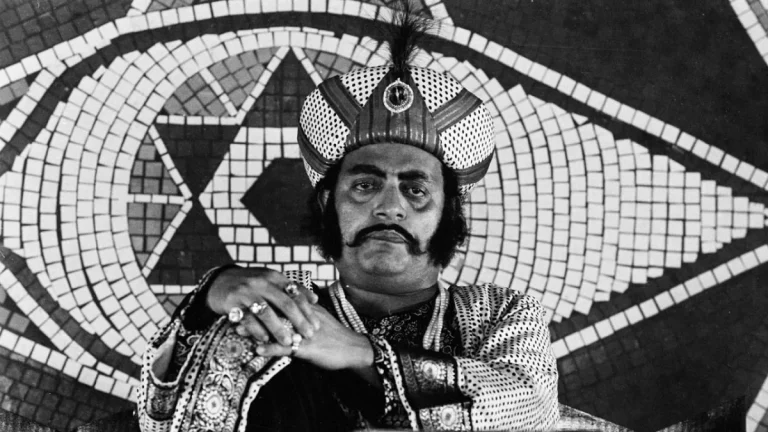
![KGF Chapter 2 [2022] Review – Prashanth Neel Goes For Broke To Mark Rocking Star Yash’s Return As Rocky](https://79468c92.delivery.rocketcdn.me/wp-content/uploads/2022/04/KGF-768x432.jpeg)
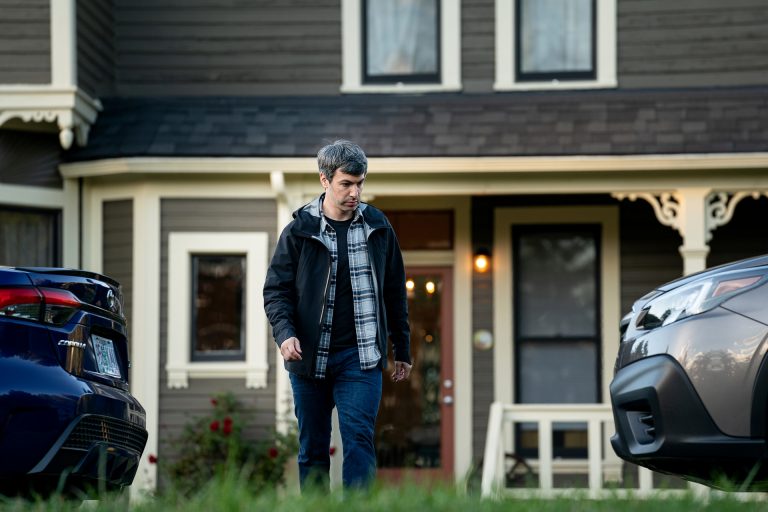

![The Seasons – Four Love Stories [2022] Review: Four gentle, familiar tales about love and reconciliation](https://79468c92.delivery.rocketcdn.me/wp-content/uploads/2022/12/The-Seasons-Four-Love-Stories-2022-Movie-Review-768x432.jpg)
